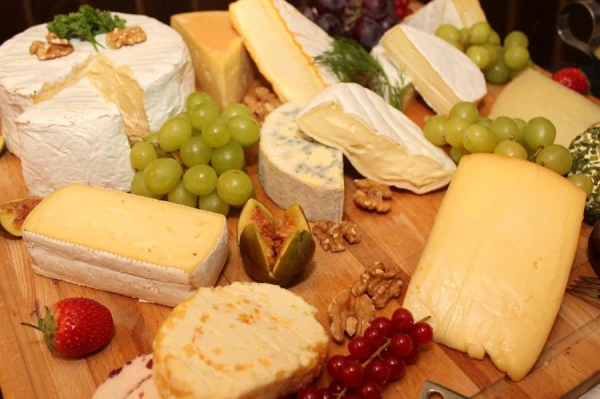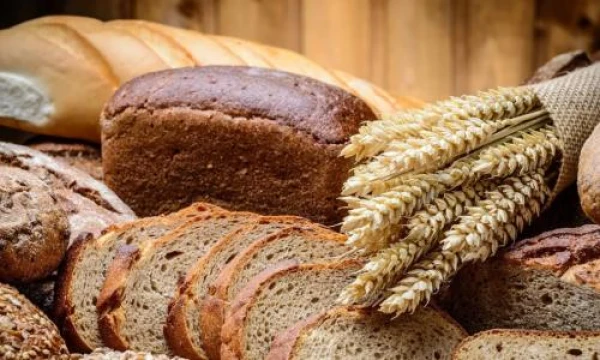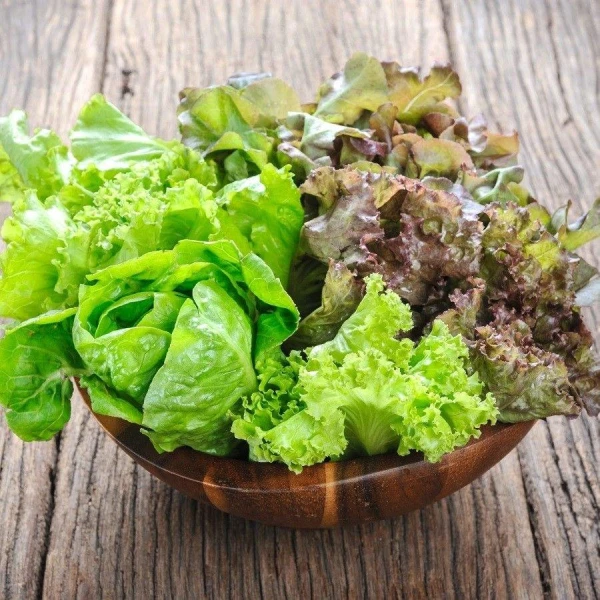
Frequent trips to the fridge and evening overeating are not just jokes and teasing among loved ones. In fact, as experts emphasize, eating habits before sleep are of great importance, as they directly affect sleep quality. What dietary rules should be followed in the evening and what should be avoided, explained nutritionist and psychotherapist Irina Mansurova.
Sleep is a key element of the life cycle, and its significance cannot be overstated. Quality rest reduces the risk of chronic diseases, improves brain function, and strengthens mental health and immunity. The optimal sleep duration is 7-9 hours per day, but not everyone can adhere to this. If for any reason you cannot sleep as much as needed, it is important to at least improve the quality of sleep, which can be achieved by following certain dietary rules.
One of the main rules is to avoid dinners right before bed. The body needs time to digest food, and it is better to rest and detoxify at night. Ideally, you should eat 3-4 hours before sleep and choose light dishes, avoiding meat products. Failing to follow this recommendation can lead to digestive problems and increase the risk of heartburn.
What foods should be included in the diet?
To improve sleep quality, I recommend adding certain foods to your evening diet. If you decide to eat, do so no later than three hours before sleep, so that all micronutrients can be absorbed. The list of beneficial foods includes those containing melatonin — the sleep hormone. It is also worth paying attention to foods rich in antioxidants, tryptophan, magnesium, and proteins.
Nuts
One of the best options for an evening snack is almonds. This nut helps regulate sleep. Just 28 grams of almonds provide 19% of the daily magnesium requirement. Statistics show that people with insomnia often have a deficiency of this element. Magnesium has anti-inflammatory properties and can lower cortisol levels (the stress hormone), which negatively affects sleep. In the evening, you can allow yourself a small handful of nuts.
Walnuts also contribute to improved sleep quality. They contain dietary melatonin, alpha-lipoic acid, and Omega-3 fatty acids. These components promote the production of serotonin (the happiness hormone), which actively participates in sleep regulation.
Herbal Teas
One of the beverages that can help establish sleep is chamomile tea. It is rich in antioxidants that neutralize free radicals, preventing their negative effects on cells. Chamomile tea is beneficial for the heart, blood vessels, and immune system, and it also reduces anxiety. It contains apigenin — an antioxidant that binds to brain receptors and helps it tune into rest.
Natural sleep aid. 12 foods that help you fall asleep quickly | Photo gallery
Hard cheese. Cheese contains calcium, tryptophan, and B vitamins.
Fruits
A bright representative of foods that promote good sleep is kiwi. It is low in calories — one fruit has only 50 kcal. Kiwi is rich in vitamins C and K, and also contains folic acid and potassium. This fruit helps reduce inflammation in the body, improves digestion, and lowers blood cholesterol levels due to its antioxidants and fiber. Studies show that kiwi positively affects sleep when consumed in the evening, as it contains substances that promote the production of serotonin, which helps regulate sleep cycles.
Bananas are another food that aids in normalizing sleep. They contain tryptophan and magnesium, allowing for good sleep and a feeling of restfulness.
Sea Fish
This product is a source of Omega-3 fatty acids. Sea fish contains many components that help reduce inflammation. It improves brain function and normalizes heart activity. Additionally, it contains a combination of vitamin D and Omega-3, which combat insomnia by stimulating serotonin production. Therefore, you can allow yourself a bit of fish in the evening.
Grains
White rice is sometimes referred to as a helper in improving sleep. Its refinement from coarse husk, unlike brown rice, is beneficial. It contains less fiber and antioxidants. In 100 grams of white rice, there is 4% of the daily requirement for folic acid, 11% for thiamine, and 24% for manganese. This grain quickly satiates and helps normalize sleep quality. The effectiveness of rice was confirmed in a study where nearly 2000 people noted an increase in sleep duration after dinner with rice. Of course, this refers to moderate portions of the product.
Oatmeal, like rice, contains many carbohydrates and promotes the production of the sleep hormone.
Cottage Cheese
This product is rich in milk protein, casein, which aids in muscle recovery. Cottage cheese is well absorbed during sleep, so it can be eaten in the evening.
Sources of Tryptophan
This substance is found in seeds, nuts, cheese, turkey, fish, dairy products, bran, and sprouted grains, as well as in smaller amounts in eggs and legumes. Milk is also a source of tryptophan. It helps improve sleep quality in older adults. To enhance the effectiveness of milk, it is recommended to combine it with physical activity, but within reasonable limits. Milk should be consumed no later than three hours before sleep, as it can cause morning swelling.











